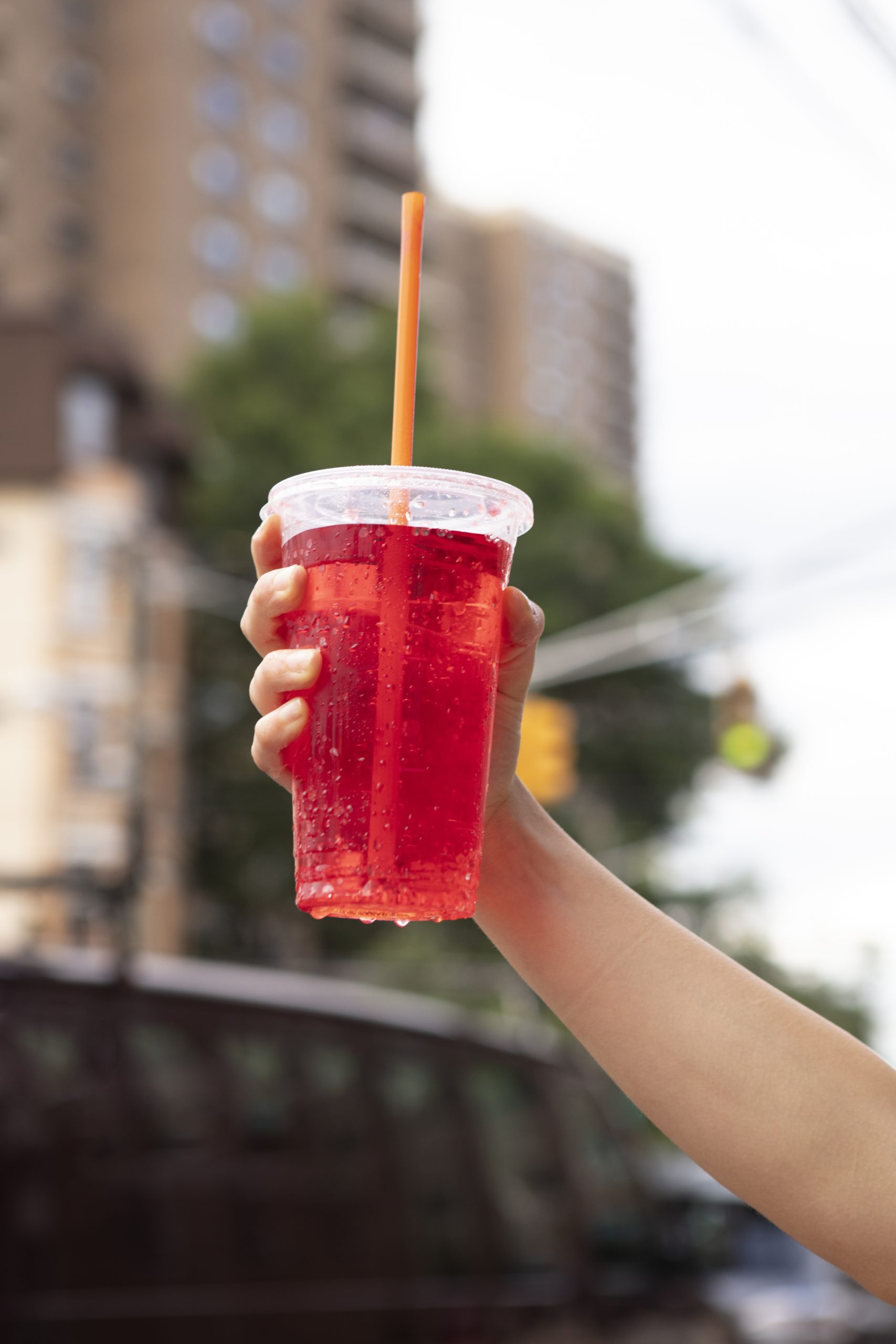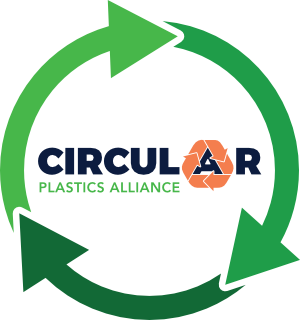
The Ministry of Environment in Taiwan has announced that from September, beverage stores will no longer be allowed to provide disposable plastic cups to customers. This measure is estimated to eliminate 790 million disposable plastic cups on the island annually. Beverage stores in 21 cities and districts have already stopped using disposable plastic cups for take-away drinks since the implementation of the “Regulations for Parties Subject to and Measures for Restrictions on Disposable Cups for Takeaway Drinks” on July 1, 2022. These rules prohibit disposable plastic cups, require stores to offer reusable cups for borrowing, and mandate a minimum discount of NT$5 for customers who bring their own reusable cups.
From September, Kinmen County will also ban disposable plastic cups, making the ban nationwide. According to ministry data, the regulations since July 2022 have reduced the use of disposable cups by 17%, with approximately 790 million disposable plastic cups replaced by reusable or non-plastic alternatives. Since last year, 1,763 stores and restaurants from seven major convenience stores and eight fast-food chains have offered reusable cups, accounting for 12% of all their outlets. These establishments provided 198,000 reusable cups for customers to borrow. According to the ministry, convenience stores and fast-food chains sold 160 million drinks in consumer-provided cups last year. This represents a 2.8-fold increase in the percentage of customers bringing their own cups compared to the period before the regulations were introduced. “This demonstrates how government policy has changed consumer behavior,” the ministry said.
To further reduce the use of disposable plastic cups, the ministry is considering subsidizing reusable cups at professional baseball games and other enclosed venues. The goal is to give those who have not yet used reusable cups the opportunity to try them, hoping they will consider reusing them. The ministry has also established guidelines for providers of reusable cups, covering borrowing, returning, cleaning, inspecting reusable cups, and communicating with consumers. “The quality of service with reusable cups must be consistent, and operators offering this service must submit a hygiene inspection report every six months,” the ministry emphasized, adding that last year, no operator failed the hygiene inspection.
In Taiwan, it is clear that government policy can change consumer behavior. In the Netherlands, we are also actively working on this with our partners. As a partner of the Circular Plastics Alliance, Dutch Cups B.V. is already committed to using reusable plastic cups at festivals, events, and sports games. At FC Volendam, for example, these cups are used, with collection and recycling handled by Alliance partner Kras Recycling B.V. A great example of a chain collaboration set up by the Circular Plastics Alliance.

Haven 45
1131 EP Volendam